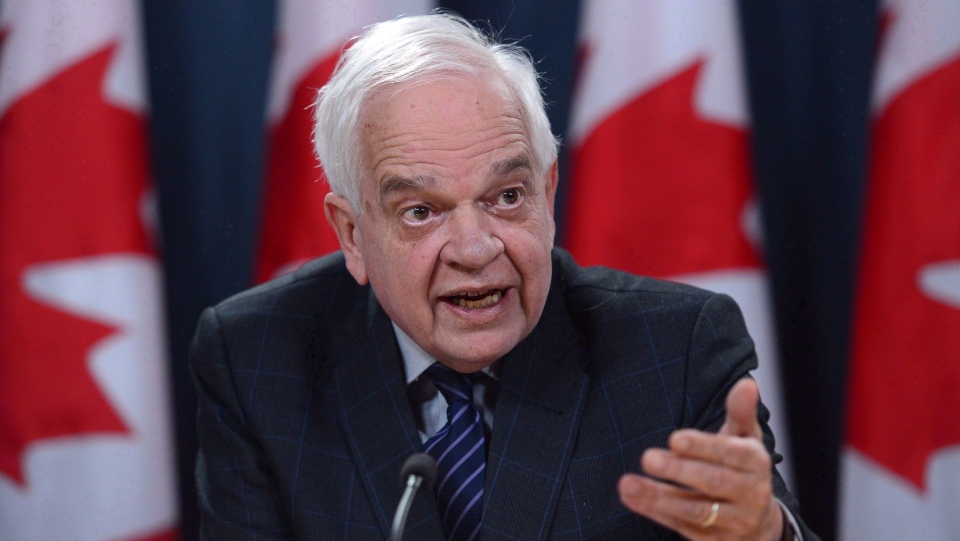Ottawa, Canada —The Government of Canada through its embassy in China Wednesday issued a statement calling on the Chinese government for the immediate and unconditional release of Tibetan language rights advocate Tashi Wangchuk and expressed strong concerns about the lack of Tibetan-language education in Tibet.
“Mr Tashi Wangchuk, a Tibetan language advocate, was detained in January 2016 for peacefully raising concern about the lack of Tibetan-language education in Yushu County, and sentenced on May 22 2018 to five years in prison for inciting separatism. Canada calls on the Government of China to release Tashi Wangchuk immediately and unconditionally," the Government of Canada said in its statement.
"Canada urges the Chinese government to uphold its own Constitution and laws, and to respect its international human rights obligations. Canada supports the February 2018 United Nations Special Rapporteurs statement, which condemns the detention of Mr Tashi Wangchuk as the criminalisation of linguistic and cultural rights advocacy,” the statement added.
Tashi Wangchuk, 33, was sentenced to five years in prison by a Chinese court on Tuesday, for allegedly “inciting separatism”. He was tried earlier this year on January 4 at Yushu Intermediate People’s Court but the court adjourned without a verdict at that time. He was first detained on 27 January 2016 for publicly advocating Tibetan language education in schools in Tibetan populated areas. Two months before his detention, Tashi Wangchuk appeared in a New York Times documentary in which he can be seen advocating for the rights of Tibetans to learn and study in their mother tongue.
Communist China began running Tibet after the military invasion of Tibet in 1949, assuring that freedom of Tibetan people would be respected. But Tibetans say the dictatorship government led by Mao— known as one of the most deadly mass killings of human history, went back on his word, forcing His Holiness the Dalai Lama to flee Tibet in 1959, destroying more than 6000 monasteries and temples and killing over 1.2 million Tibetans, out of a total of 6 million. Since then, Tibetans have launched an international campaign against the "occupying" China's authoritarian state that continues to face criticism for human rights violations in suppressing the people of Tibet.


![Tibet has a rich history as a sovereign nation until the 1950s when it was invaded by China. [Photo: File]](/images/stories/Pics-2024/March/Tibet-Nation-1940s.jpg#joomlaImage://local-images/stories/Pics-2024/March/Tibet-Nation-1940s.jpg?width=1489&height=878)
















